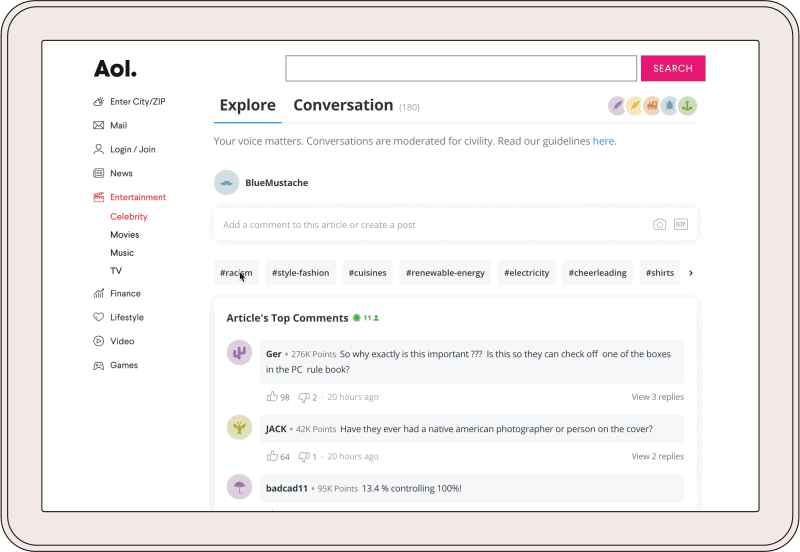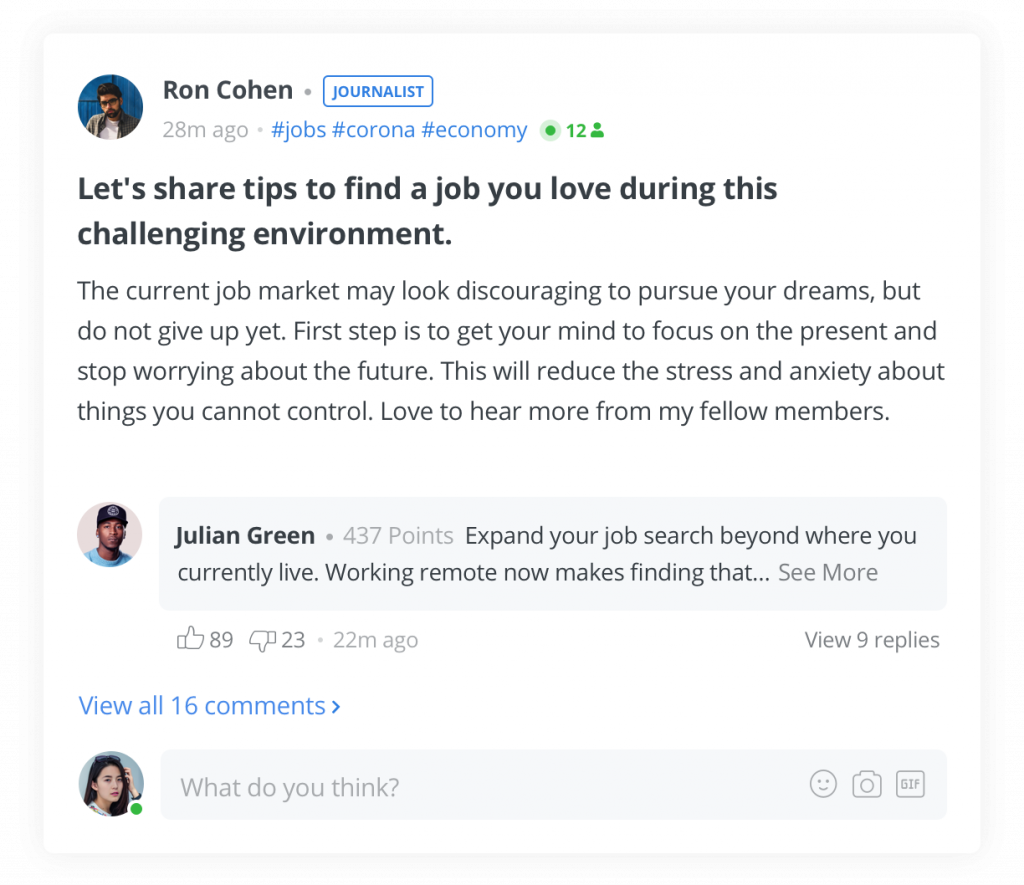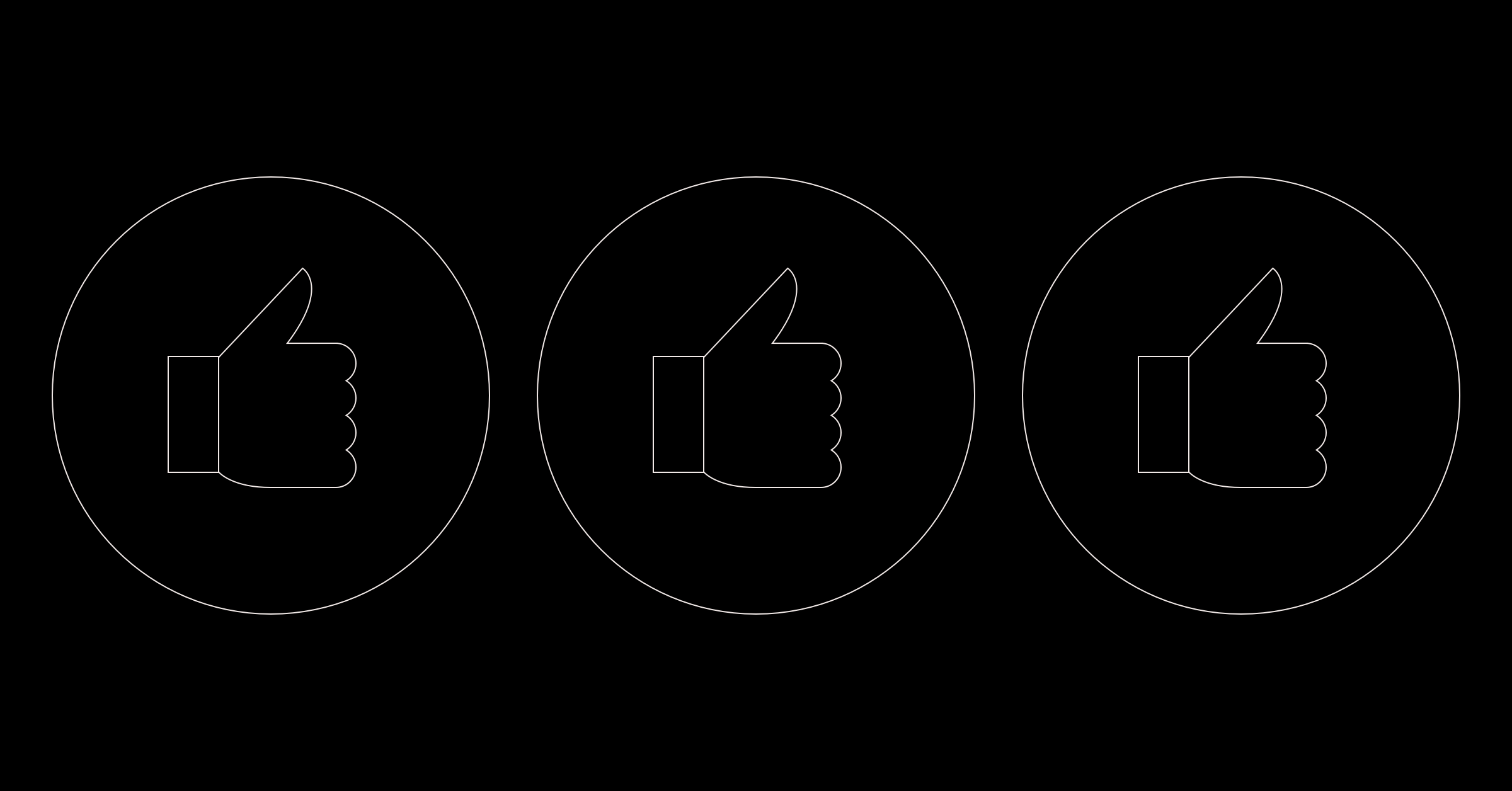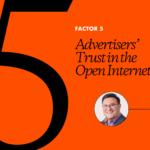I’m sure you’ve heard all about what social media has gotten wrong. Social media has been blamed for the spread of misinformation, election interference, the death of news organizations, and the list goes on. At the same time, more than 70% of adults in the US use social media. Social platforms have managed to command large audiences and get them to continue to come back for more. So, how exactly are they doing that? Here’s a look at what they got right:
Real-Time Conversations
Social media is, by its nature, social. It allows people to log in and chat with their friends in real-time. Social media doesn’t just let people talk about a specific article, but you can also speak about a generic topic by using hashtags. Broadening the conversation beyond an article expands the overall lifetime of conversations.
Endless Content Discovery
Endless scrolling, doom scrolling, or whatever you want to call it is why you look up from your phone, and an hour has gone by. While social media has gotten the recommendation algorithm wrong in rewarding the loudest voice and not the most thoughtful, the idea around recommending new content is right. For publishers, surfacing valuable and relevant content to your readers will let you keep your audience engaged and on your site for longer. It will also be crucial to not only surface relevant content, but also conversations. This way, users can move from one conversation to the next seamlessly.

Personalized Social Profiles
The profile and social media are almost synonymous at this point. The profile is where you can create your own identity online. It’s how people interact with you and why you come back to see who has engaged or reacted to your contributions. So, it’s interesting that more publishers aren’t making use of the incredibly sticky feature. For publishers, it can be a place where your users can connect with other community members and find out what stories or topics people are talking about the most. It can also help you build a healthy environment where your readers aren’t faceless usernames, but real people communicating and interacting on your site.
Direct Channels to Connect with Reporters
Through social media, readers were able to communicate directly with media organizations and their reporters and editors. Before social media, in order to respond to an article, you would have to write a letter to the news organization and your thoughts may or may not have been heard. Social media tore down the wall between audience and reporters. Now, people log on to talk directly with reporters. Publishers should create a similar environment on their sites where readers can directly communicate with reporters and editors. This will help build an even deeper bond between your readers and your site.

Fun Ways to Communicate (GIFs!)
Sometimes words aren’t enough. Social media gave us new ways to communicate that often go beyond words. Gifs and emojis are social media vernacular, so publishers should also let their readers be able to talk in similar ways.
Social media has won the loyalty game, and there are lessons in that for publishers. Publishers are at an advantage over social media as the producers of quality content. It is this content that people talk about on social media. A Pew Research study found that Americans who get their primary news from social media are less likely to get the facts right and more susceptible to false claims. Publishers can provide appropriate context that social media just can’t. So, if publishers could offer a social experience around their content, they would build deeper relationships with their community and get them to come back for more. That’s why we built Community Feed to help publishers do just that. Learn more about how we help turn casual visitors into vibrant communities.


